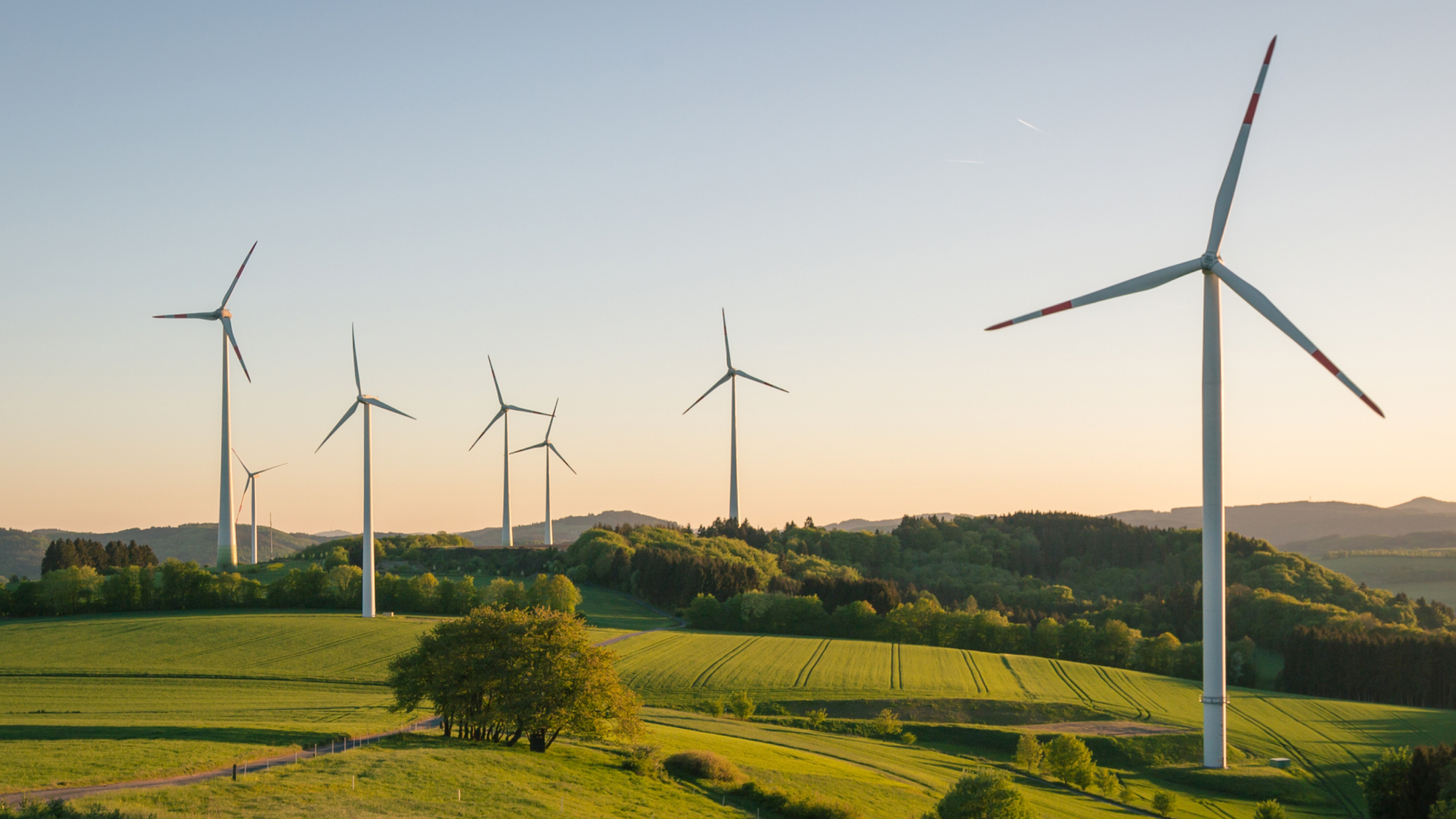
CBAM Legislation
CBAM Legislation
Carbon Border Adjustment Mechanism
Climate change is a global problem that needs global solutions. Carbon leakage occurs when companies based in the EU move carbon-intensive production abroad to countries where less stringent climate policies are in place than in the EU, or when EU products get replaced by more carbon-intensive imports.
How to avoid Carbon Leakage?
The EU’s Carbon Border Adjustment Mechanism (CBAM) is the EU’s tool to put a fair price on the carbon emitted during the production of carbon intensive goods that are entering the EU, and to encourage cleaner industrial production in non-EU countries.
By confirming that a price has been paid for the embedded carbon emissions generated in the production of certain goods imported into the EU, the CBAM will ensure the carbon price of imports is equivalent to the carbon price of domestic production.
CBAM Legislative Train
CBAM will apply in its definitive regime from 2026, while the current transitional phase lasts between 2023 and 2026. This gradual introduction of the CBAM is aligned with the phase-out of the allocation of free allowances under the EU Emissions Trading System (ETS) to support the decarbonization of EU industry.
1 January 2026, the permanent and complete CBAM regulation EU system enters into force. From then on, importers will have to comply with extensive obligations as follows:
- Importers in the scope of the Regulation will have to apply for the status of authorized CBAM declarant. CBAM-goods may only be imported into the customs territory of the EU by authorized CBAM declarants.
- The calculated embedded emissions will need to be verified by an accredited auditor.
- CBAM-certificates will have to be purchased for a fee. The price of the certificates will be calculated depending on the weekly average auction price of EU ETS allowances expressed in EUR/ton of emissions emitted. CBAM declarants must surrender a number of CBAM certificates that correspond to the embedded emissions declared in their reports.
- Importers must prepare and submit an annual CBAM declaration by 31 May of each calendar year for the emissions associated with the goods imported in the previous calendar year. The corresponding number of CBAM certificates must also be submitted by this deadline.
Scope of application
The following goods are covered by the CBAM regulation if they are imported from outside of the EU:
Aluminum, Iron and steel, Fertilizers, Electricity, Cement, Hydrogen